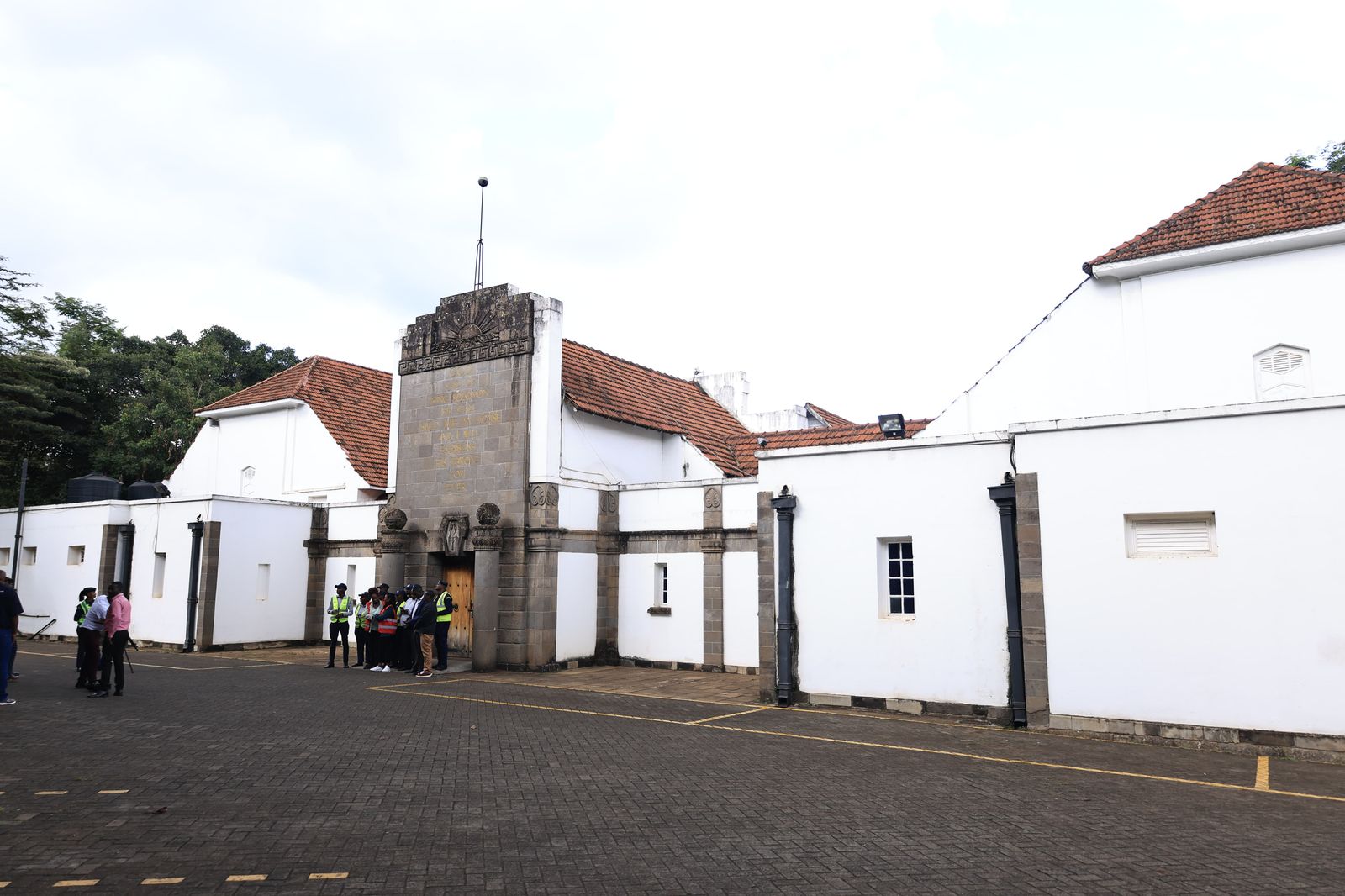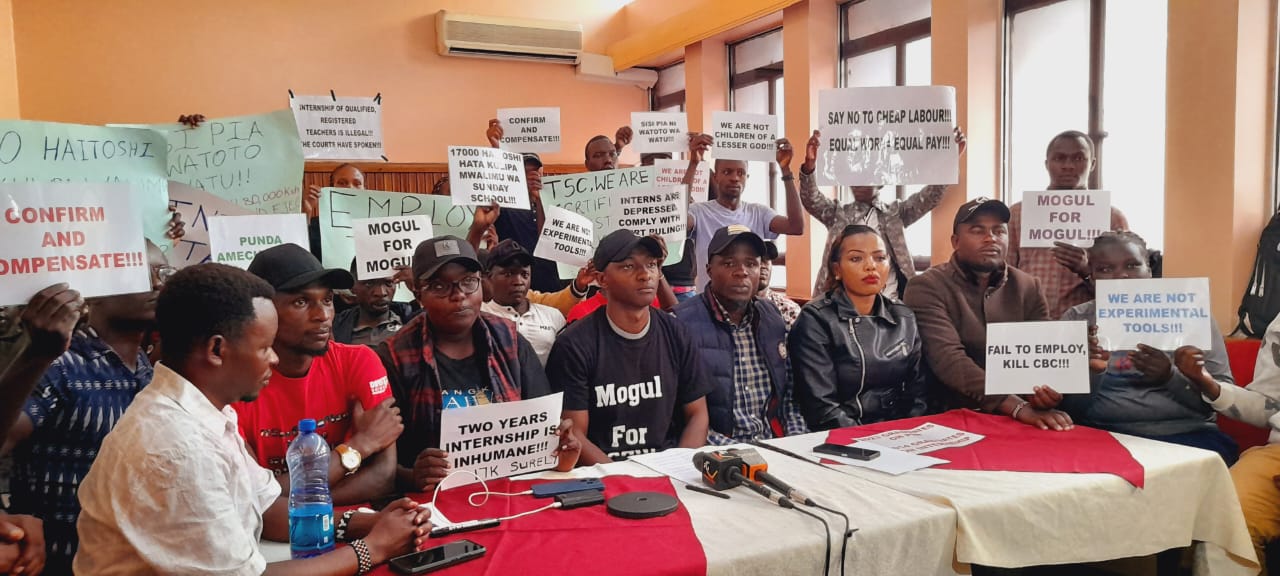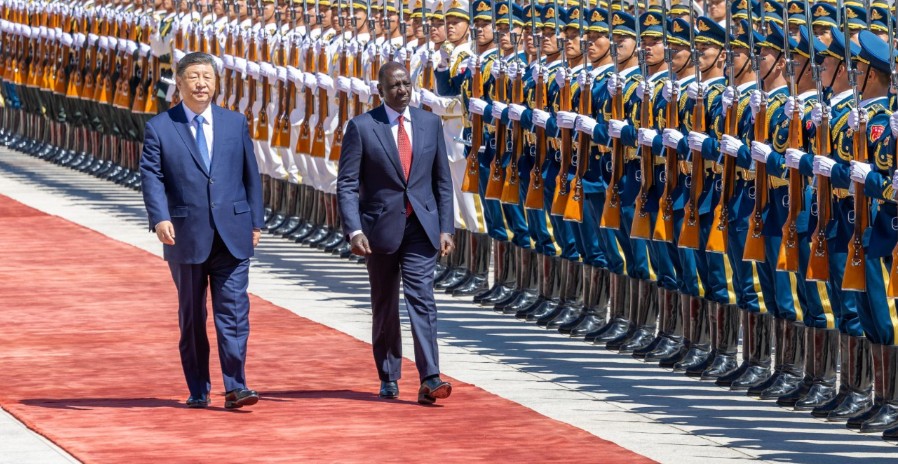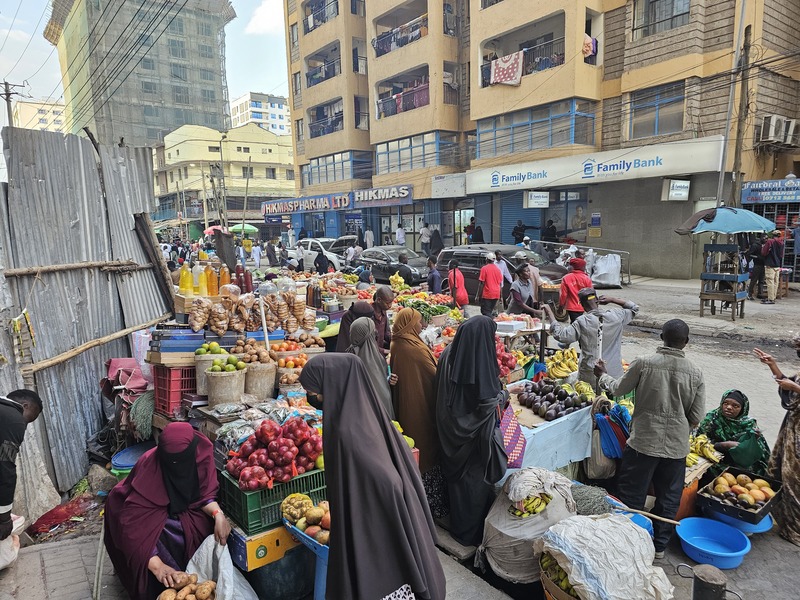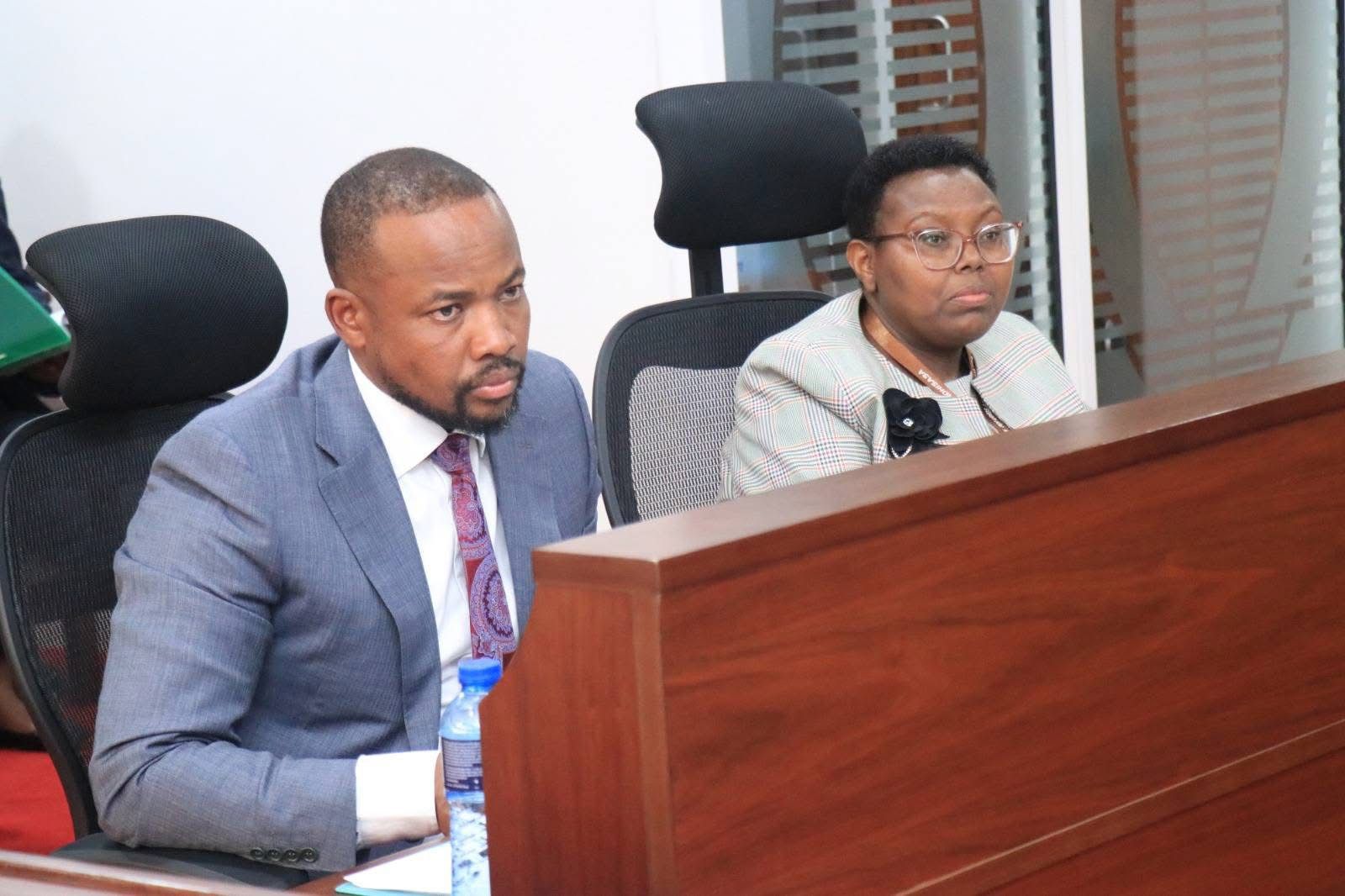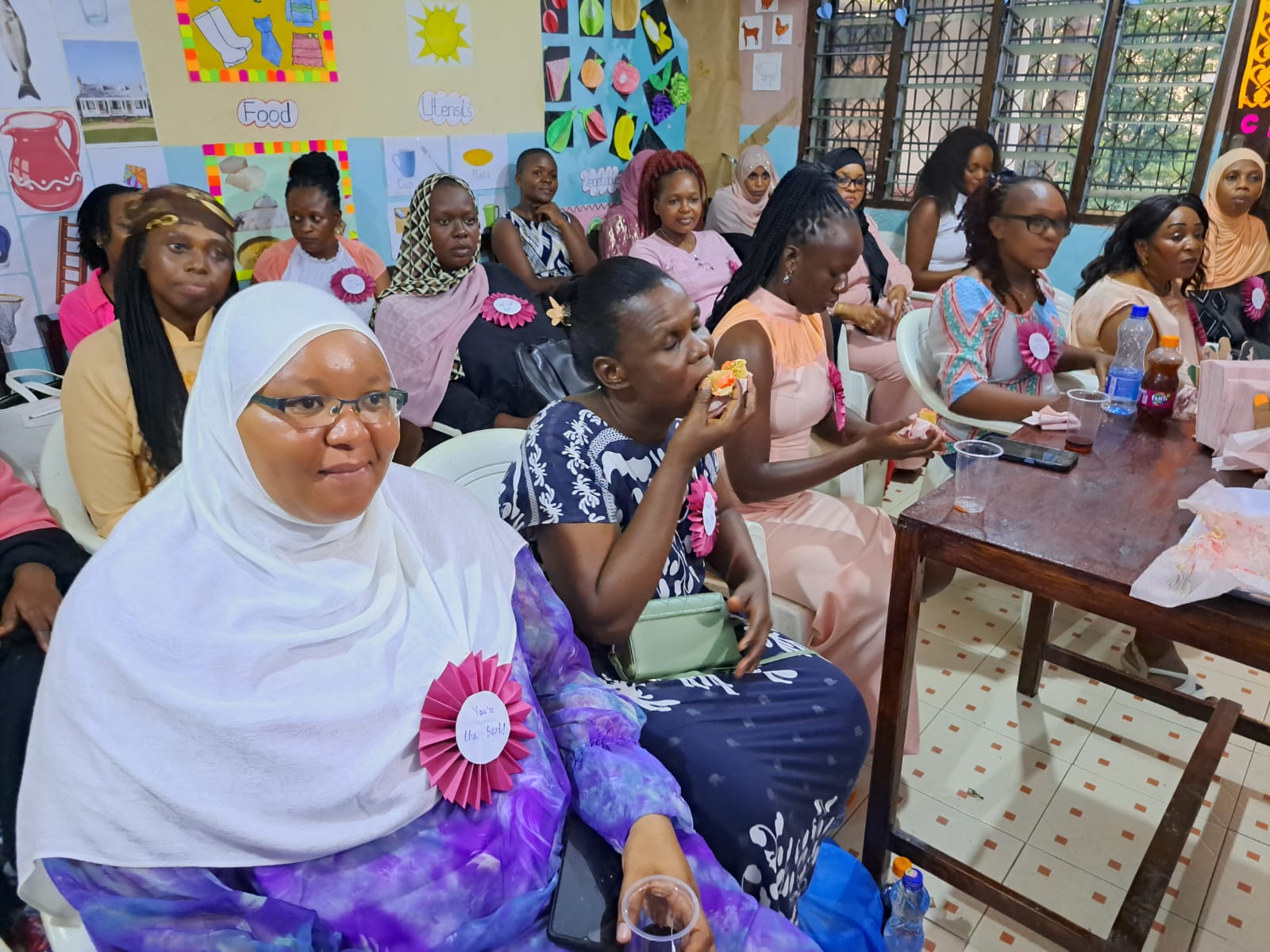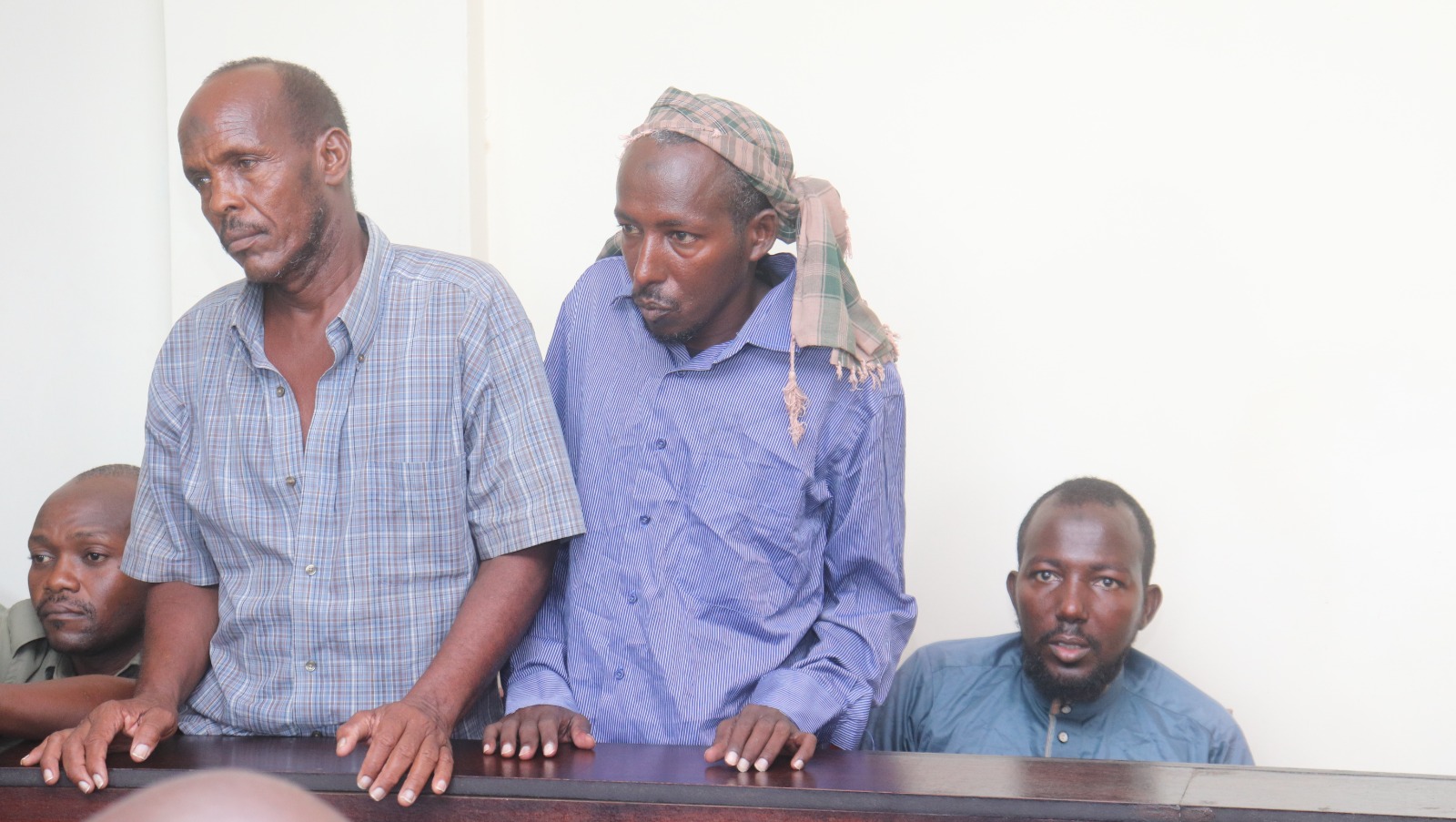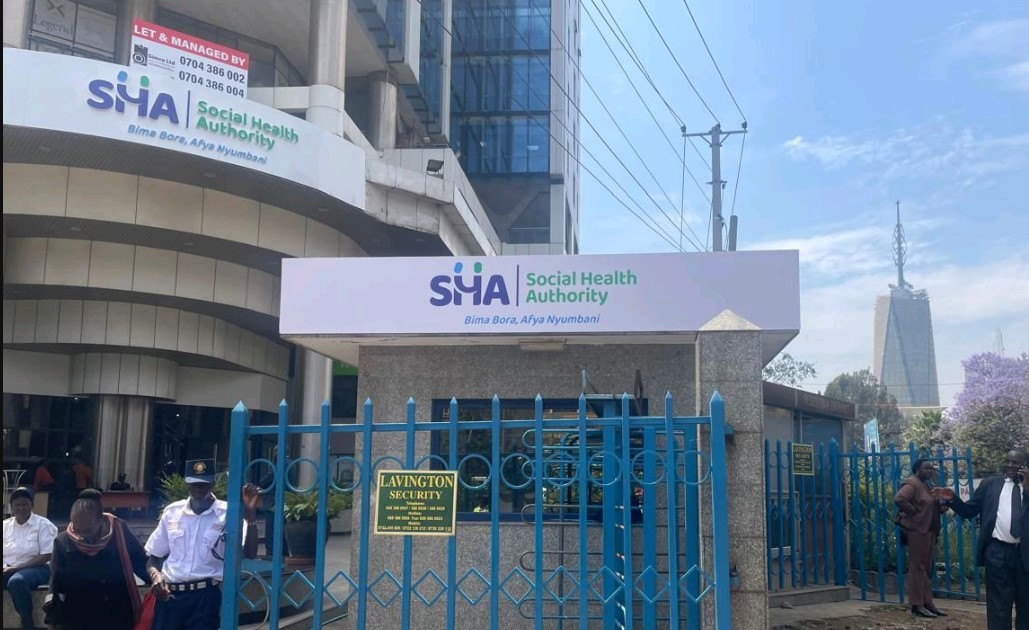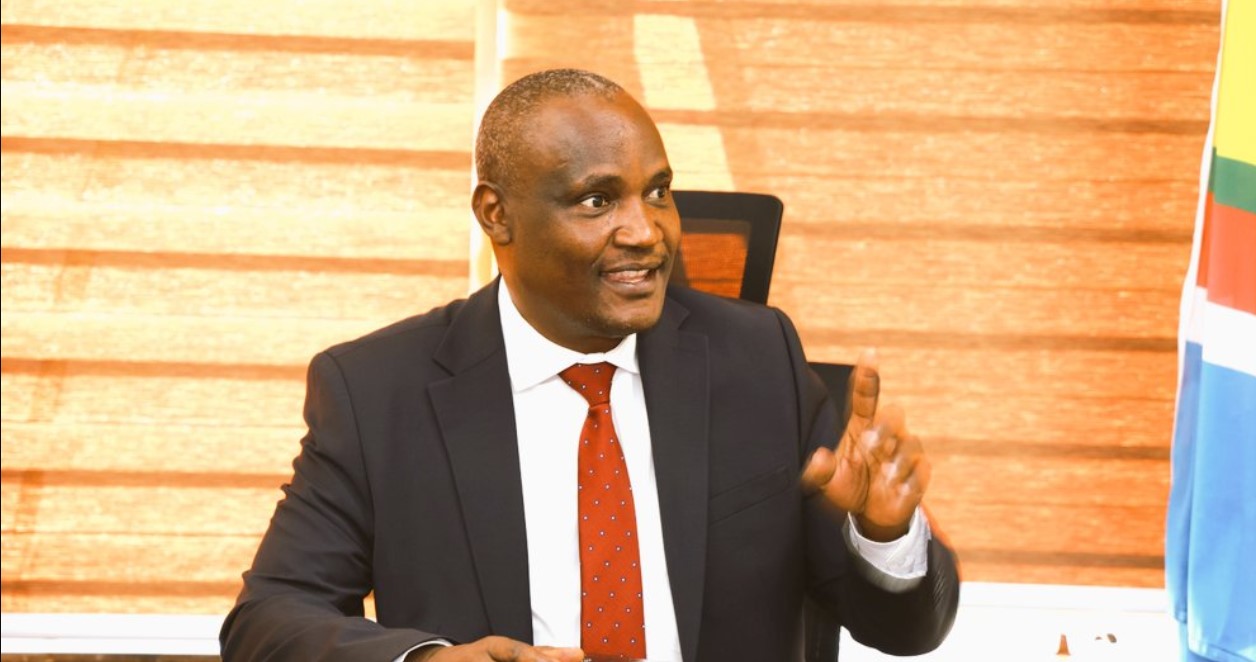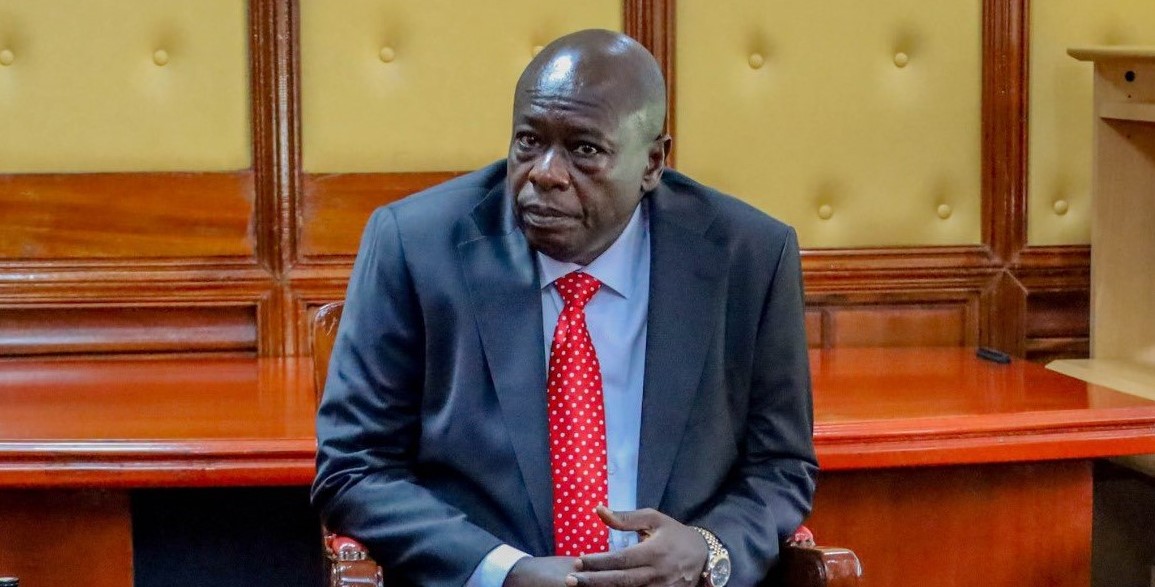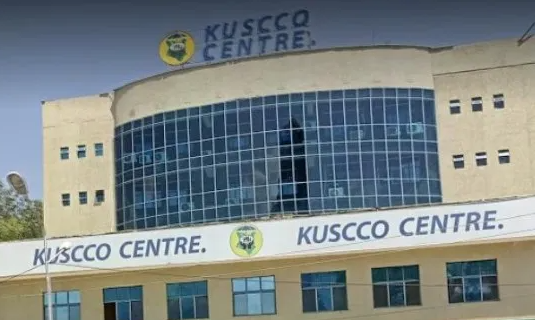Bill proposes harsh penalties to curb illegal blood trade in Kenya

To tackle the illegal trade, the Bill proposes fines of Sh20 million and licence revocation for institutions found guilty of contravening the law
A Bill has proposed severe penalties for individuals and organisations involved in the illegal trade of human blood in Kenya.
Under the Kenya National Blood Transfusion Bill, offenders could face up to 10 years in prison, a fine of Sh20 million, or both.
More To Read
The draft law, currently undergoing review by the Parliamentary Budget Office (PBO), seeks to empower the Kenya Tissue and Transplant Authority (KTTA) to oversee and regulate blood donation, testing, processing, storage, transfusion, and quality control.
The KTTA, which replaced the Kenya National Blood Transfusion Service (KNBTS) in 2020, aims to address loopholes that have allowed illicit activities to thrive due to the lack of a proper legal framework.
"A person shall not buy, sell, or deal directly or indirectly in blood transfusion, any organ or tissue for transplant, body parts for therapeutic purposes, medical education, or scientific research unless otherwise provided by regulations under this Act," reads the Bill.
Blood transfusion, described in the Bill as a critical life-saving intervention, is considered an indispensable component of the country's healthcare system.
However, Kenya continues to face persistent blood shortages, requiring between 500,000 and one million units of blood annually, despite collecting only 150,000 to 200,000 units per year.
To tackle the illegal trade, the Bill proposes fines of Sh20 million and licence revocation for institutions found guilty of contravening the law. Individuals convicted of involvement in the illicit trade or knowingly receiving illegal transplants would face penalties of up to Sh10 million, a 10-year prison term, or both.
The Bill also mandates informed consent for all health services involving donors or recipients, except where donors are unable to give consent, in which case written authorisation or a court order will be required.
The proposed law follows a performance audit by the Auditor-General, which revealed inefficiencies in the country’s blood transfusion services. These included inadequate blood supplies, poor inventory management, and operational challenges.
KTTA statistics show that part of the blood collected in Kenya has been smuggled to neighbouring countries such as Somalia, where it is highly valued. Detectives from the Directorate of Criminal Investigations (DCI) are currently investigating the involvement of medical professionals in the illegal trade.
In addition to addressing these challenges, the Bill aims to align Kenya's practices with the World Health Organisation's (WHO) principles on human cell, tissue, and organ transplantation.
A national organ donation registry will also be established to match donors and recipients based on medical criteria, particularly for those with complex immune systems.
The Bill highlights the financial struggles of KTTA, which has suffered from insufficient government funding and reduced donor support.
These constraints have left regional blood transfusion centres understaffed and poorly equipped, prompting calls for urgent intervention to restore the country’s blood transfusion services.
Top Stories Today
- Most Kenyans now get their news from social media - MCK report
- Gospel artist Ringtone charged with Sh50m Karen land fraud
- PS Omollo summoned over Sh6.5bn IDP compensation delay
- Sh2.8 billion budget slash puts 18 irrigation projects at risk
- Suspects in murder of Gaala Adan, 17, face fresh charges
- Audit findings put lands ministry on the spot over records
- Employers face penalties for failing to remit SHA contributions
- Afreximbank launches Sh129bn funding kitty to empower African creatives
- Security personnel shoot in the air to disperse goons at Gachagua’s party launch
- CS Mbadi: KCSE funds frozen over misuse, but parents won’t pay
- High Court suspends Gachagua's impeachment case, awaits fresh direction from CJ Koome
- Gachagua unveils Democracy for Citizens Party, names Cleophas Malala as interim deputy leader
- Three men sentenced to death for violent robbery and killing two cousins
- Kuscco executives took Sh192 million insider loans before dismissal
- Chirchir under fire as MPs decry infrastructure budget bias against Northern Region
- Investment firm sues Kileleshwa MCA Robert Alai, accuses him of invading Runda property
- TSC seeks Sh70 billion to hire 98,000 teachers nationwide
- Murkomen: Government has no official data on missing persons
- How climate change fuels rise in gender-based violence in Garissa
- Nearly half of women-led aid groups at risk of closure amid global funding cuts — UN
